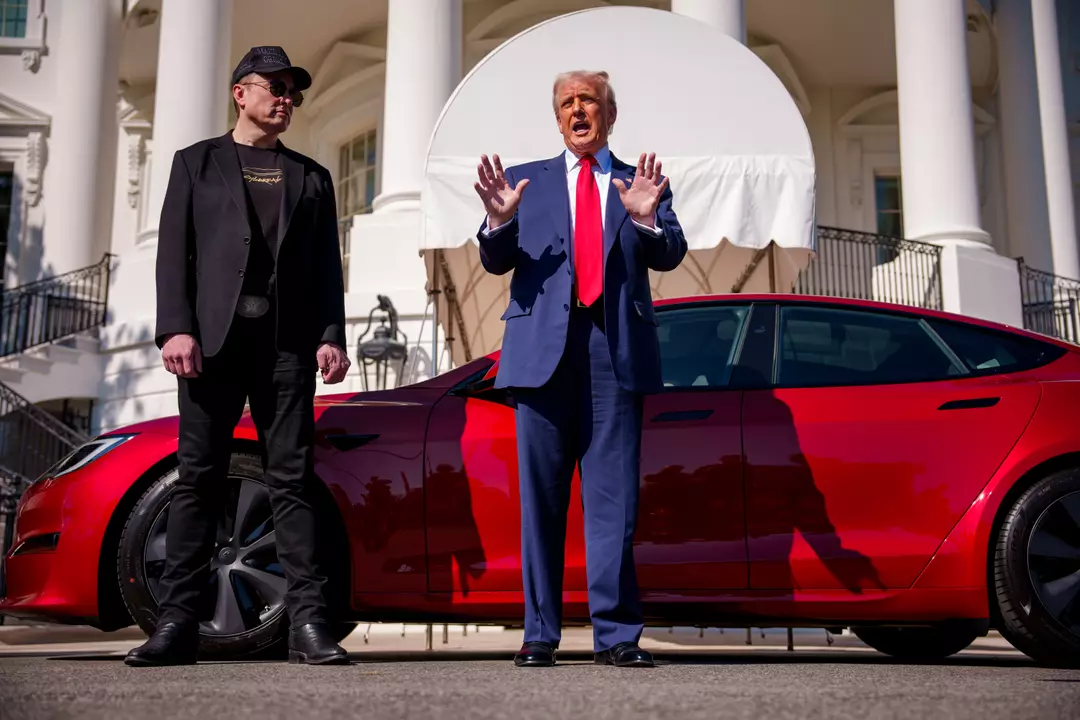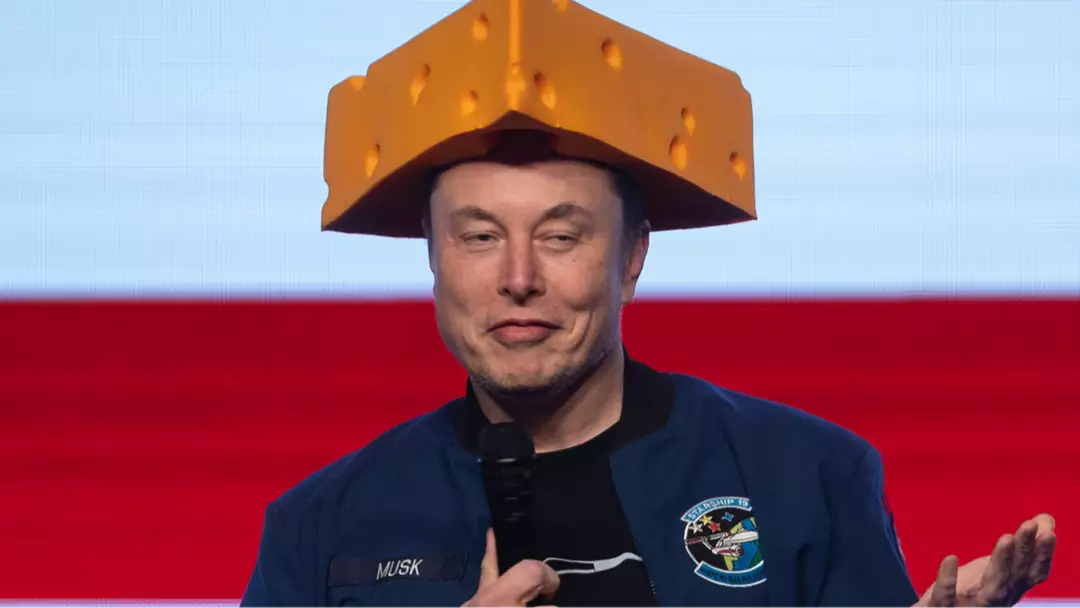We are currently witnessing an era where wealth is concentrated at unprecedented levels. The top 30 most-valued companies in the United States have experienced their stocks surge by over 200 percent in under a decade, as per the Dow Jones index.
However, this substantial growth in wealth at the upper echelons of society contrasts starkly with a modest 40 percent increase in the typical worker’s salary, largely negated by a corresponding rise in inflation during the same timeframe.
The disparity between classes was highlighted last week when Elon Musk, the wealthiest person globally, was presented with an extraordinary compensation package by the Tesla board, potentially amounting to a $1 trillion payout if specific conditions are satisfied.
If you’re experiencing the ongoing affordability crisis and pondering the redistribution of billionaire fortunes, you might wonder how much each individual in the U.S. would receive if the assets of the richest man on Earth were distributed equally.

It was revealed yesterday that if Musk’s fortune were divided among every human on the planet, each person would receive a modest $180.06.
This calculation was derived by adding Musk’s anticipated $1 trillion pay package to his existing $482.2 billion net worth, resulting in a $1.482 trillion total, and dividing it by the 8,231,613,070 people inhabiting Earth alongside the owner of X.
If the 54-year-old billionaire were to distribute his expected $1.48 trillion wealth among the entire U.S. population, the payout might not be as substantial as one might hope. Distributed among 348 million Americans, each person would receive approximately $4,259. While this wouldn’t suffice for purchasing a vacation home, it would still be a significant amount for personal indulgence.
This amount would be more than double the $2,000 stimulus check proposed by President Trump recently, as a means to garner public support for his tariff war, which reportedly generated $220 billion for the federal treasury from importers since the year’s outset.

Even when considering the exclusion of all Americans earning over $100,000, the total cost of such a financial incentive to the public would reach $300 billion. Consequently, Musk might be asked to contribute a portion of his impending $1 trillion paycheck.
To provide context, this staggering sum would make Musk 1,740 times wealthier than the British Royal Family, valued at $850 million. A U.S. worker earning the median wage of $61,984 would require around 24 million years to amass such a fortune.
During the late 1800s, a select group of industrialists amassed immense wealth through their control of natural resources, government influence, and business monopolies, earning the label ‘robber barons.’ Just over a century after John D. Rockefeller became the first billionaire by dominating the U.S. oil market, Musk appears poised to assume the mantle of extravagant wealth.

